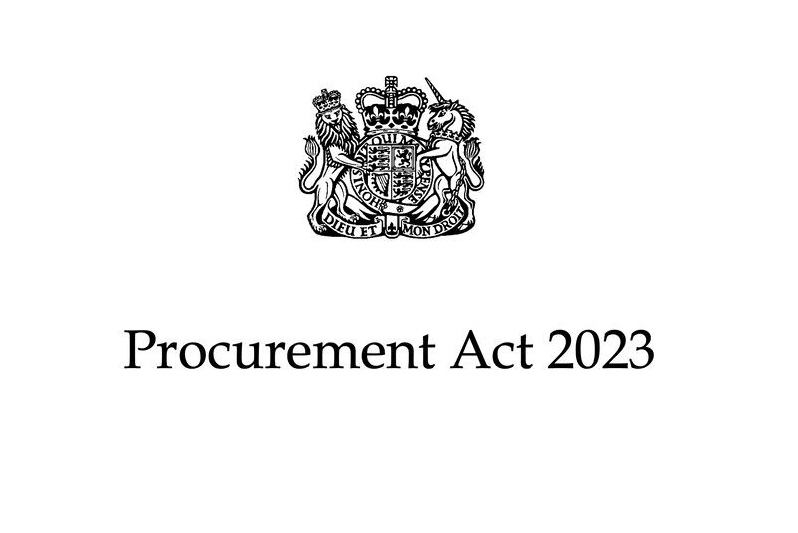25
Feb 2025
- BY Kevin Barry BSc(Hons) MRICS
- POSTED IN Latest News
- WITH 0 COMMENTS
- PERMALINK
- STANDARD POST TYPE

https://www.gov.uk/government/publications/procurement-act-2023-guidance-documents-procure-phase
The Procurement Act 2023 is a significant legislative reform that overhauls public procurement laws in England, Wales, and Northern Ireland. Came into effect on 24 February 2025, the Act aims to simplify and modernize procurement processes, enhancing transparency, flexibility, and accessibility for suppliers. Link above to guidance documents.
Key Differences from the Current System:
- Unified Legislation: The Act consolidates existing procurement regulations—including the Public Contracts Regulations 2015, Utilities Contracts Regutions 2016, Defencend Security Public Contracts Relations 2011, and Concession Contracts Regulations 2016—into a single, streamlined framework.
- Increased Flexibility: The n regime introduces re flexible procurement procedus, allowing contracting authorities greater discretion in designing procurement processes that best meet their needs. This marks parture from the more rigid structures imposed by previous EU-derived regulations.
- Enhanced Transparency: The Act mandates higher transparency standards, requiring the publication of various notices throughout the prement lifecycle. This includes disclosing decisions made during procurement procedures and providing performance daton awarded contract thereby promoting accountabity.
- SMEs and Innovation: A key objective of the Act is to make public procurement more accessible to small and medium-sized enterprises (SMEs) and to encourage innovative solutions. This is achieved through simplified procedures and redu administrative burdens, facilitating broader participation.
- UK-Centric Approach: Departing from EU-derived rules, the Act adopts a UK-focused perspective, tailoring procurement regulations to better fit domestic priorities and economic objectives.
In summary, the Procurement Act 2023 represents a comprehensive reform designed to create a more efficient, transparent, and inclusive public procurement system, aligning with the UK’s post-Brexit policy landscape.
